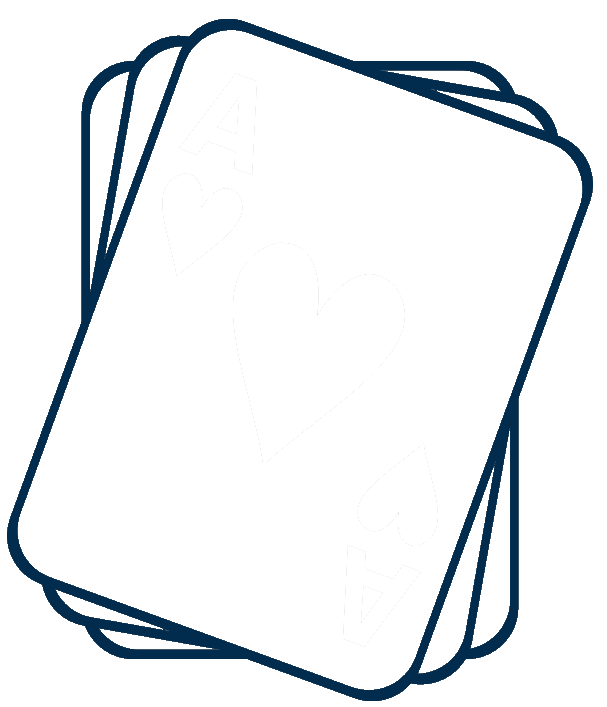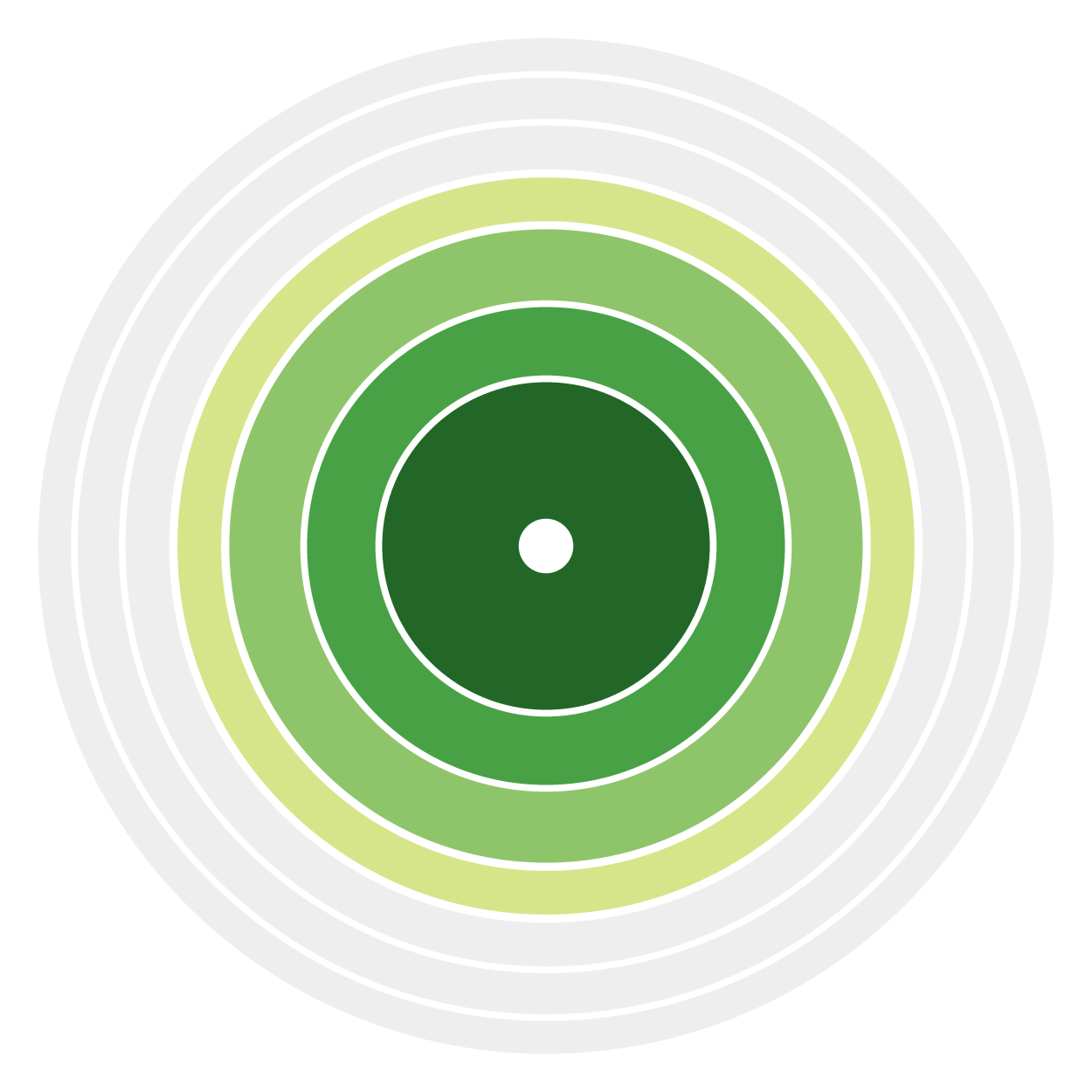Japanese vocabulary in the Routledge 5000 frequency list
Routlege 5000 Vocab 3201-3300
QUICK STUDY
FLASHCARDS
DOWNLOAD
noun, 'suru' verb
job transfer; job relocation; intra-company transfer(click the word for examples and links)
noun
one floor; first floor(click the word to view an additional 3 forms, examples and links)
'na' adjective, adverb, noun, 'suru' verb, 'to' adverb
1. feeling refreshed; feeling relieved (onomatopoeic or mimetic word)2. neat; trimmed
(click the word to view an additional 4 meanings, examples and links)
noun
1. details; particulars; whole story; sequence of events; chronology; circumstances; how it started; how things got this way (this meaning is restricted to reading いきさつ, けいい)2. longitude and latitude (this meaning is restricted to reading けいい)
(click the word to view an additional 3 readings and 1 meaning, examples and links)
'ru' godan verb, transitive verb
1. to feel around for; to fumble for; to grope for; to search for; to look for2. to investigate; to probe into; to spy on; to sound out
(click the word to view an additional 1 meaning, examples and links)
noun
Great Britain; the United Kingdom(click the word to view an additional 2 forms, examples and links)
Most common form: 巻込む
'mu' godan verb, transitive verb
to roll up; to involve; to enfold; to swallow up; to drag into(click the word to view an additional 4 forms, examples and links)
Most common form: ひとみ
noun, 'no' adjective
1. pupil (of eye)noun
2. eye(click the word to view an additional 2 forms, examples and links)
noun
1. twenty-seventh day of the month2. twenty-seven days
(click the word to view an additional 1 reading and 1 form, examples and links)
noun
17; seventeen(click the word to view an additional 1 reading and 2 forms, examples and links)
noun
breakfast(click the word to view an additional 2 readings and 3 forms, examples and links)
noun, 'suru' verb, 'no' adjective
diagnosis; medical examination(click the word for examples and links)
Most common form: 缶詰め
noun, 'no' adjective
1. canned goods; canning; packing (in cans); tin cannoun
2. confining someone (e.g. so they can concentrate on work)(click the word to view an additional 1 meaning and 5 forms, examples and links)
Most common form: コショウ
noun, 'no' adjective
pepper (often written with kana only)(click the word to view an additional 2 forms, examples and links)
ichidan verb, intransitive verb
1. to be crushed; to be smashed; to be broken; to collapse2. to become useless; to cease functioning; to be wasted (e.g. time)
(click the word to view an additional 1 meaning, examples and links)
noun, 'no' adjective
area; domain; territory; field; range; region; regime(click the word for examples and links)
adverb, noun, 'suru' verb
origin; source; history; derivation; reason; destiny(click the word for examples and links)
Most common form: 引起こす
'su' godan verb, transitive verb
1. to cause; to induce; to bring about2. to pull upright; to help up (e.g. a fallen person)
(click the word to view an additional 5 forms, examples and links)
noun
1. muscle; tendon; sinew2. vein; artery
(click the word to view an additional 17 meanings and 3 forms, useful expressions, examples and links)
noun, 'suru' verb, 'no' adjective
1. agreement; consent; same opinion; approval2. same meaning
(click the word for examples and links)
noun, 'suru' verb
authorization; authorisation; acknowledgment; acknowledgement; certification; recognition(click the word for examples and links)
noun
toy; plaything (often written with kana only)(click the word to view an additional 3 forms, examples and links)
noun
1. hill; height; knoll; rising ground (this meaning is restricted to form 丘, 岡, 壟)2. bonus points awarded to the winner at the end of a game (mahjong term; often written with kana only; this meaning is restricted to form 丘, 陸符)
(click the word to view an additional 4 forms, examples and links)
noun
one machine; one vehicle(click the word to view an additional 1 form, examples and links)
noun (temporal) (jisoumeishi)
following year(click the word to view an additional 1 reading, examples and links)
interjection (kandoushi)
alright; all right; right on; looking good; OK; okay(click the word to view an additional 2 forms, examples and links)
'na' adjective, noun
1. luxury; extravagance2. to live in luxury
(click the word for examples and links)
'na' adjective, noun
yellow; amber(click the word to view an additional 2 readings and 2 forms, examples and links)
noun
1. document; writing; letter; paperwork; note; records; archives2. document addressed to someone in particular (jargon used in paleography) (this meaning is restricted to reading もんじょ)
(click the word to view an additional 1 reading, examples and links)
noun, 'no' adjective
1. early (days); initial stage2. initial (see also: 初期化; computer terminology)
(click the word for examples and links)
Most common form: 濡れる
ichidan verb, intransitive verb
to get wet(click the word to view an additional 2 forms, examples and links)
noun
1. giant; great man2. Tokyo Giants (baseball team) (abbreviation)
(click the word for examples and links)
any kind of (with neg. verb; often written with kana only)
(click the word to view an additional 1 form, examples and links)
adverb, pronoun
1. here and there; all around; everywhere; throughout; all over (often written with kana only)2. to get things in the wrong order (back to front); to become muddled up (often written with kana only; this meaning is restricted to reading あちこち, あちらこちら, あっちこっち, アチコチ)
(click the word to view an additional 4 forms, examples and links)
suru verb - special class
to face on; to look out on to(click the word for examples and links)
2. too good; more than one deserves; unworthy of (often written with kana only)
(click the word to view an additional 1 meaning and 4 forms, examples and links)
noun, 'no' adjective
1. one side; one party; counterpart; the other side; the other party (see also: 両方)2. one of a pair; fellow; mate
(click the word for examples and links)
Most common form: ギリギリ
'na' adjective, 'no' adjective, noun, adverb
just barely; only just; at the very limit; at the last moment (onomatopoeic or mimetic word; often written with kana only)(click the word to view an additional 2 forms, examples and links)
noun
1. twenty-ninth day of the month2. twenty-nine days
(click the word to view an additional 1 reading and 1 form, examples and links)
noun, 'suru' verb
1. selling on the market (in the marketplace, in stores, etc.); making something commercially available2. commercial (e.g. software); over-the-counter; off-the-shelf; store-bought
(click the word for examples and links)
noun, 'no' adjective
this world; the present life (in contrast to the land of the dead)(click the word to view an additional 1 form, examples and links)
noun, 'suru' verb
1. autograph; signature2. sign
(click the word to view an additional 1 meaning, examples and links)
noun
1. old people; the aged2. trustee of the Japan Sumo Association; retired high-ranking wrestler who is licensed to coach and receives retirement pay (sumo term)
(click the word to view an additional 2 meanings and 3 forms, examples and links)
1. carefree; buoyant; lighthearted; sprightly
noun
2. ease(click the word for examples and links)
1. to sing (bird)
2. to bark; to purr; to make sound (animal)
(click the word to view an additional 2 forms, examples and links)
noun, 'suru' verb
1. breathing; respirationnoun
2. knack; trick; secret (of doing something)(click the word to view an additional 2 meanings, examples and links)
noun, 'suru' verb
1. extension; elongation; prolongation; lengtheningnoun
2. Enchou era (923.4.11-931.4.26)(click the word for examples and links)
sleepy; drowsy; somnolent
(click the word to view an additional 2 forms, examples and links)
2. kind; cordial; hospitable; warm; faithful
(click the word to view an additional 2 meanings and 2 forms, examples and links)
noun
small to medium enterprises; smaller companies (see also: 大企業)(click the word for examples and links)
perfect; complete; flawless (完璧 is correct - see note)
(click the word to view an additional 3 forms, examples and links)
Most common form: 傷つける
ichidan verb, transitive verb
1. to wound; to injure2. to hurt someone's feelings (pride, etc.)
(click the word to view an additional 1 meaning and 3 forms, examples and links)
Most common form: 顎
noun, 'no' adjective
chin; jaw (often written with kana only)(click the word to view an additional 7 forms, useful expressions, examples and links)
Kanshudo is your AI Japanese tutor, and your constant companion on the road to mastery of the Japanese language.
To get started learning Japanese, just follow the study recommendations on your Dashboard.
You can use Quick search (accessible using the icon at the top of every page) to look up any Japanese word, kanji or grammar point, as well as to find anything on Kanshudo quickly.
For an overview, take the tour.




